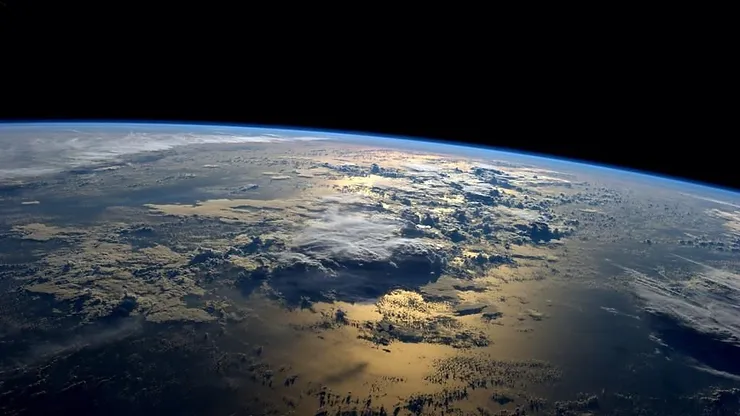By: Jingwei Zhao
June 29th of 2022 was 1.59 milliseconds shorter than the normal 24-hour day, making it the record holder for the shortest day ever. Scientists suspect that if days become as short as June 29th, people may need to remove seconds from their atomic clocks. Astrophysicist Graham Jones said that “If Earth’s fast rotation continues, it could lead to the introduction of the first-ever negative leap second… This would be required to keep civil time – which is based on the super-steady beat of atomic clocks – in step with solar time, which is based on the movement of the sun across the sky… A negative leap second would mean that our clocks skip one second, which could potentially create problems for IT systems.”
Shorter days could also greatly affect hardware managers as they may change digital clocks and calendars. Some people are afraid that an issue like Y2K would appear and wreak havoc across the Internet. Scientist Dr. Leonid Zotov claims that shorter days are created by the removal of the “Chandler Wobble.” The Chandler Wobble has a normal altitude of 3 to 4 meters from the Earth, but it vanished from 2017 to 2020. Those years had the record for the shortest day change multiple times. June 29th is “the latest in a series of speed records for Earth since 2020,” according to timeanddate.com. However, Dr. Zotov told timeanddate.com that there was “70 percent chance” the planet has reached the shortest possible length of a day already, though that has not been confirmed yet.











